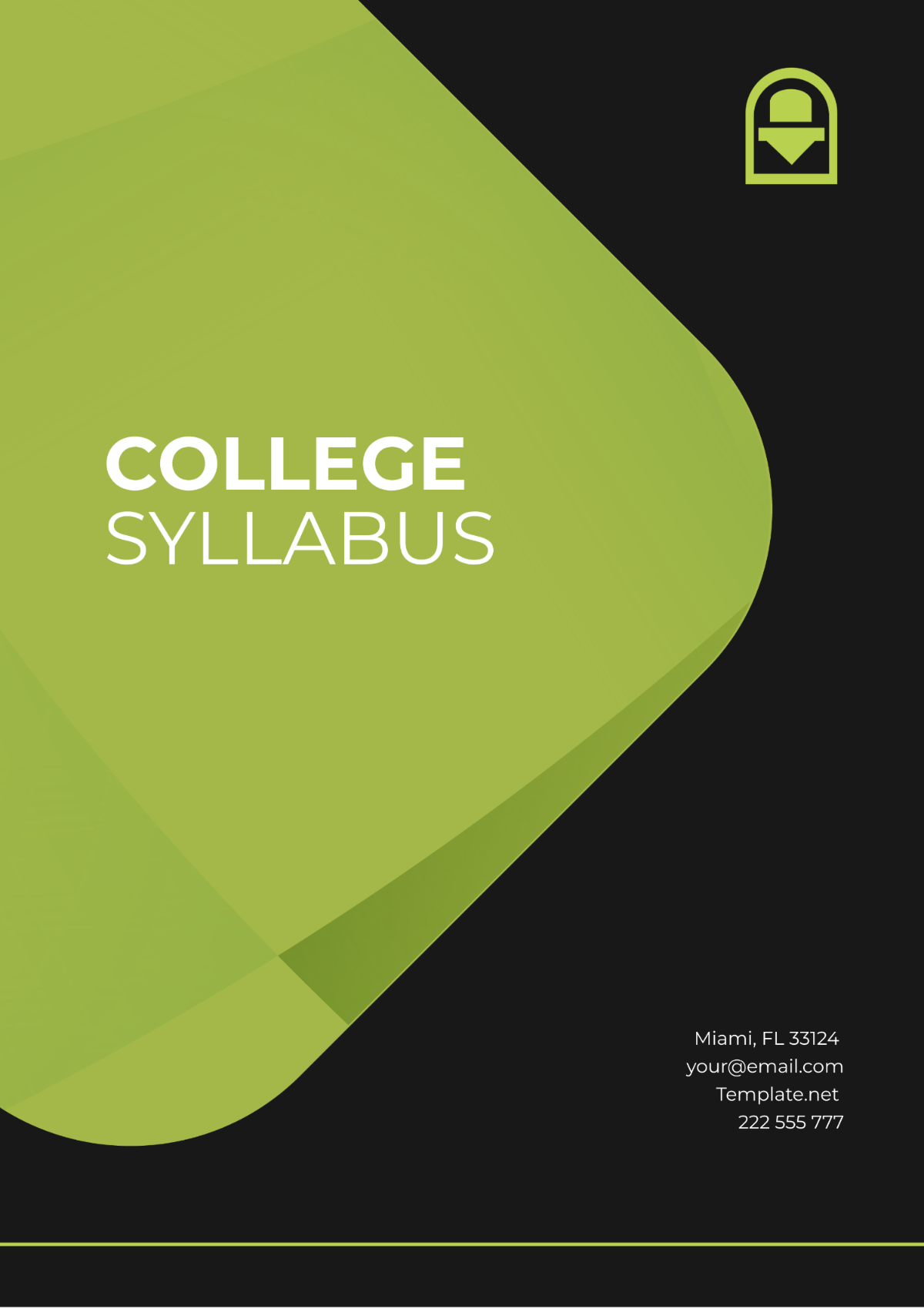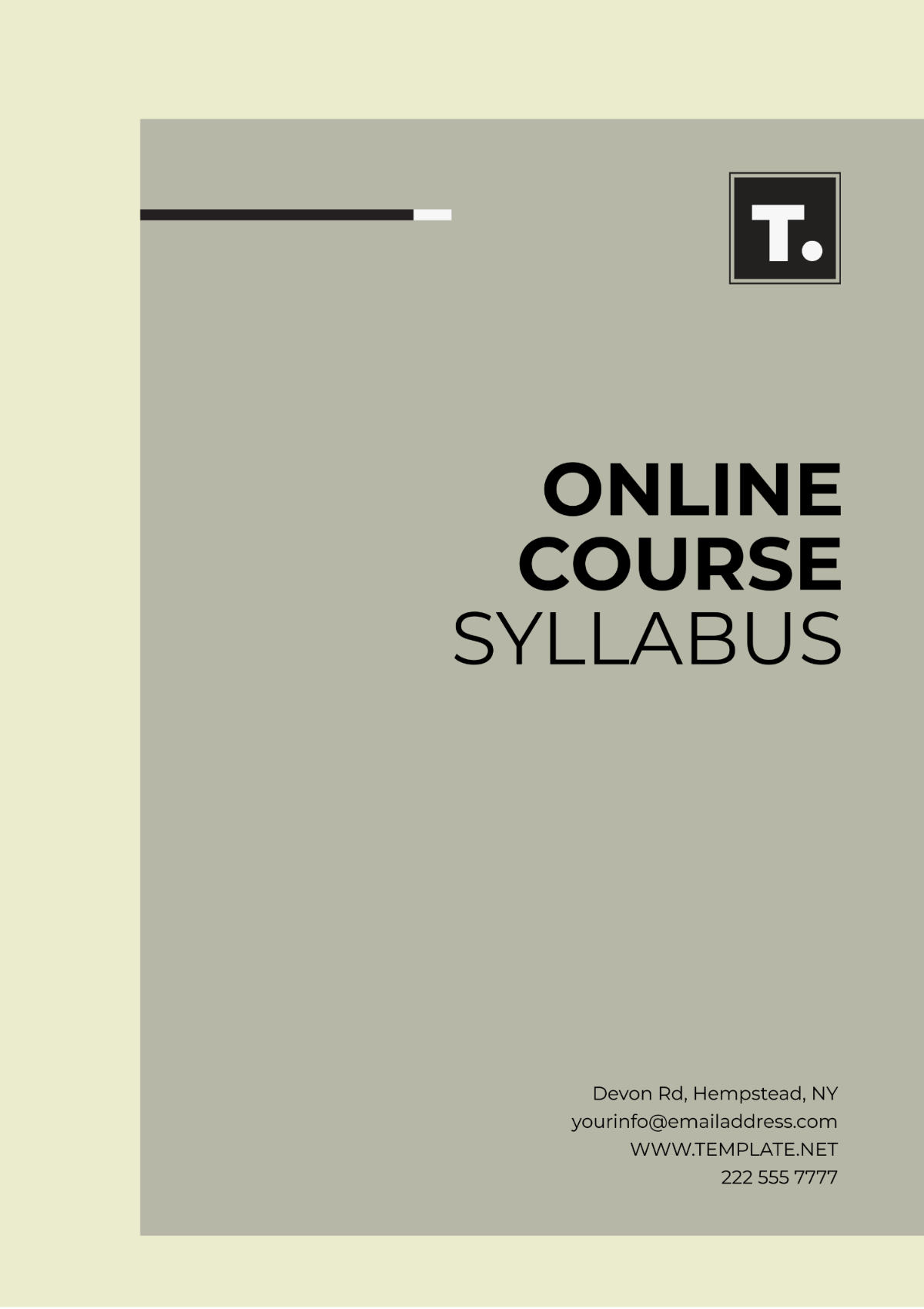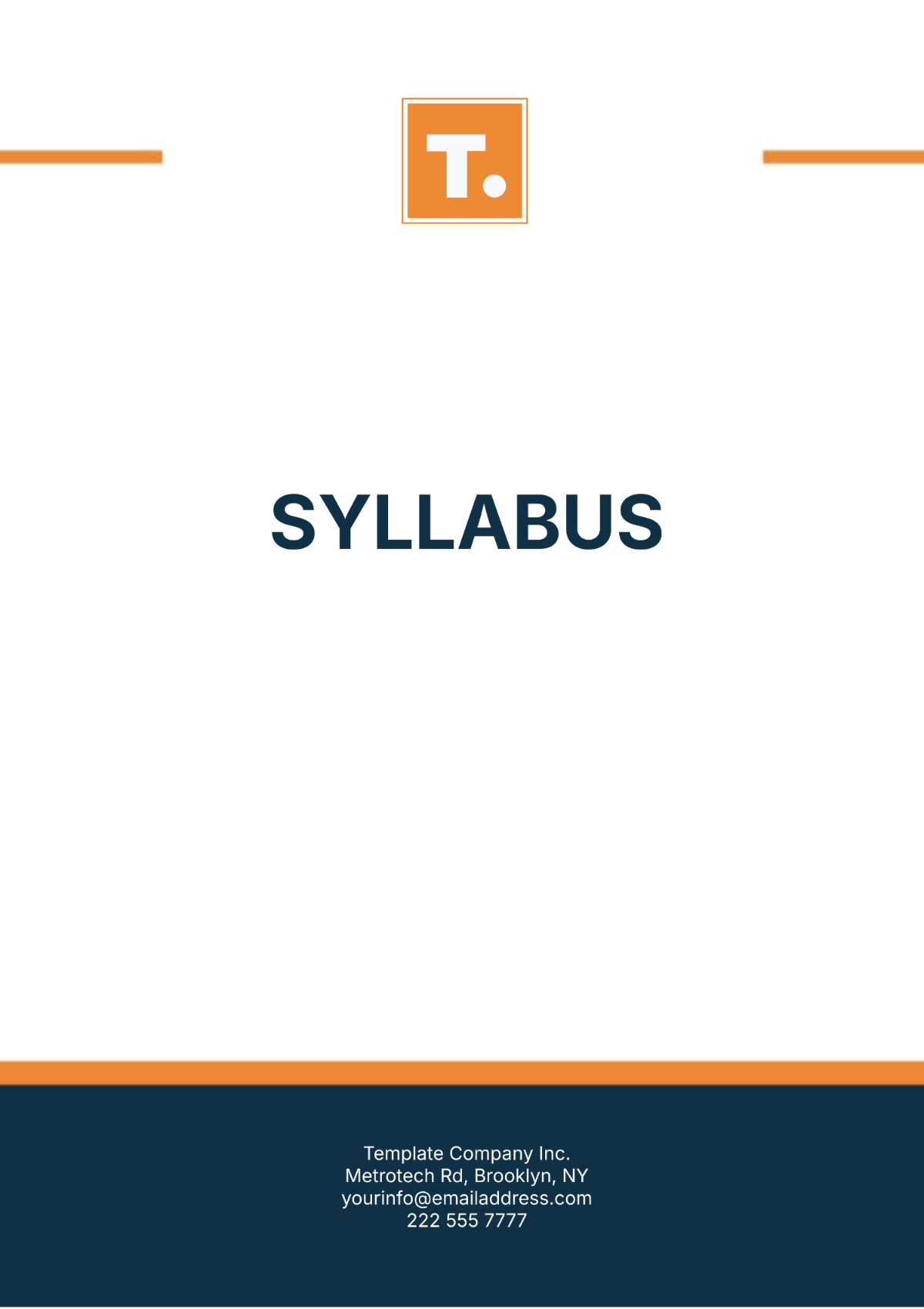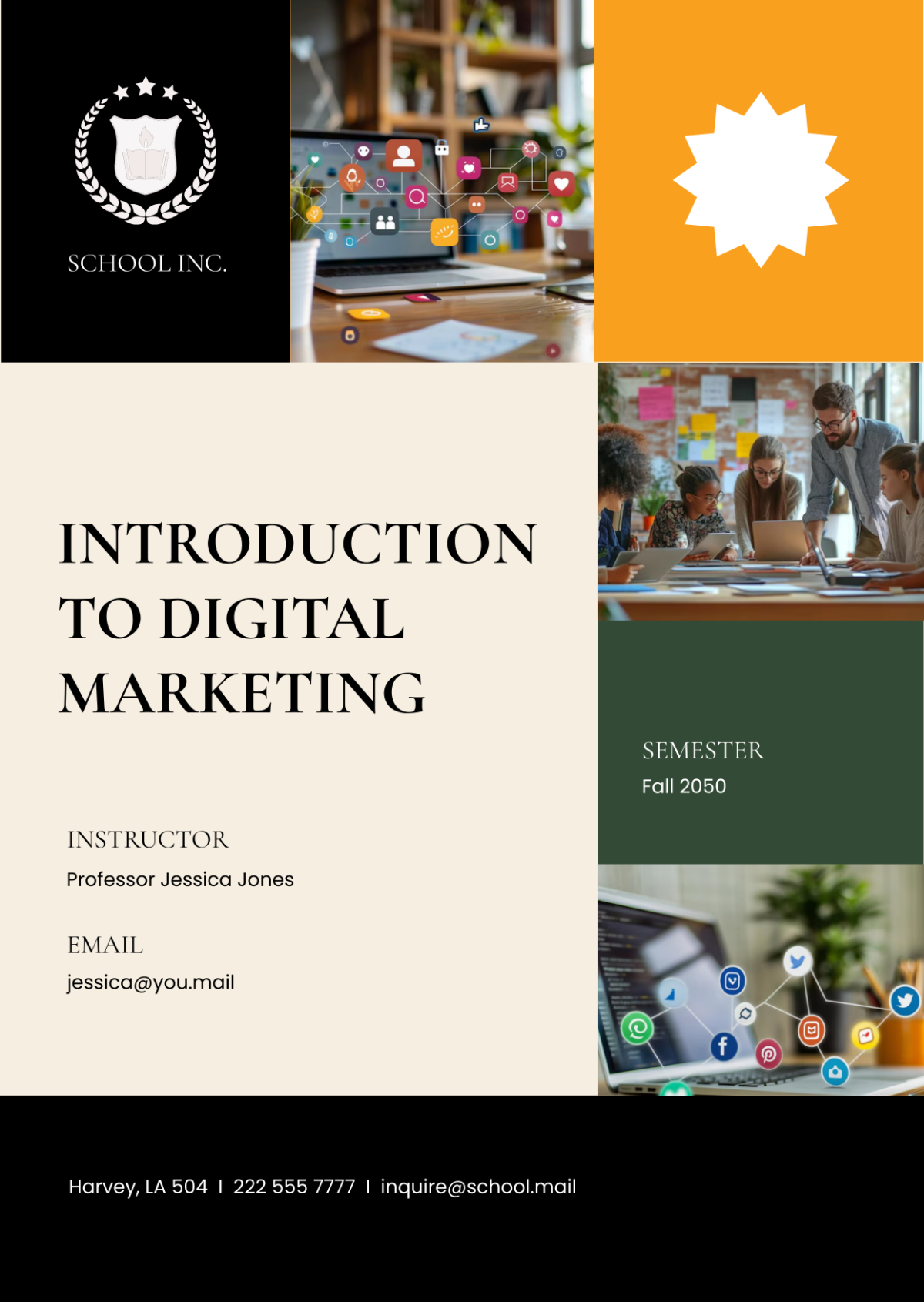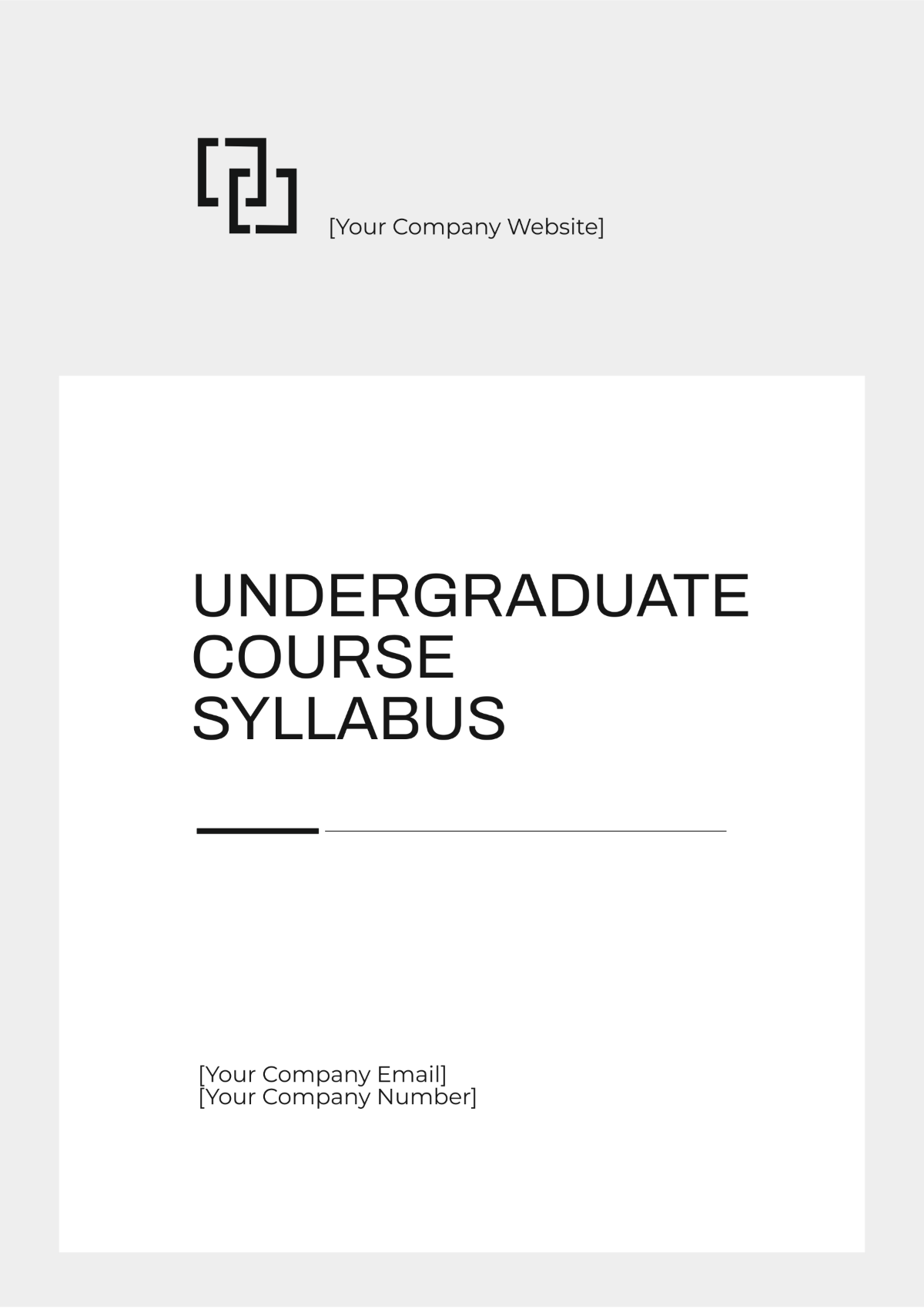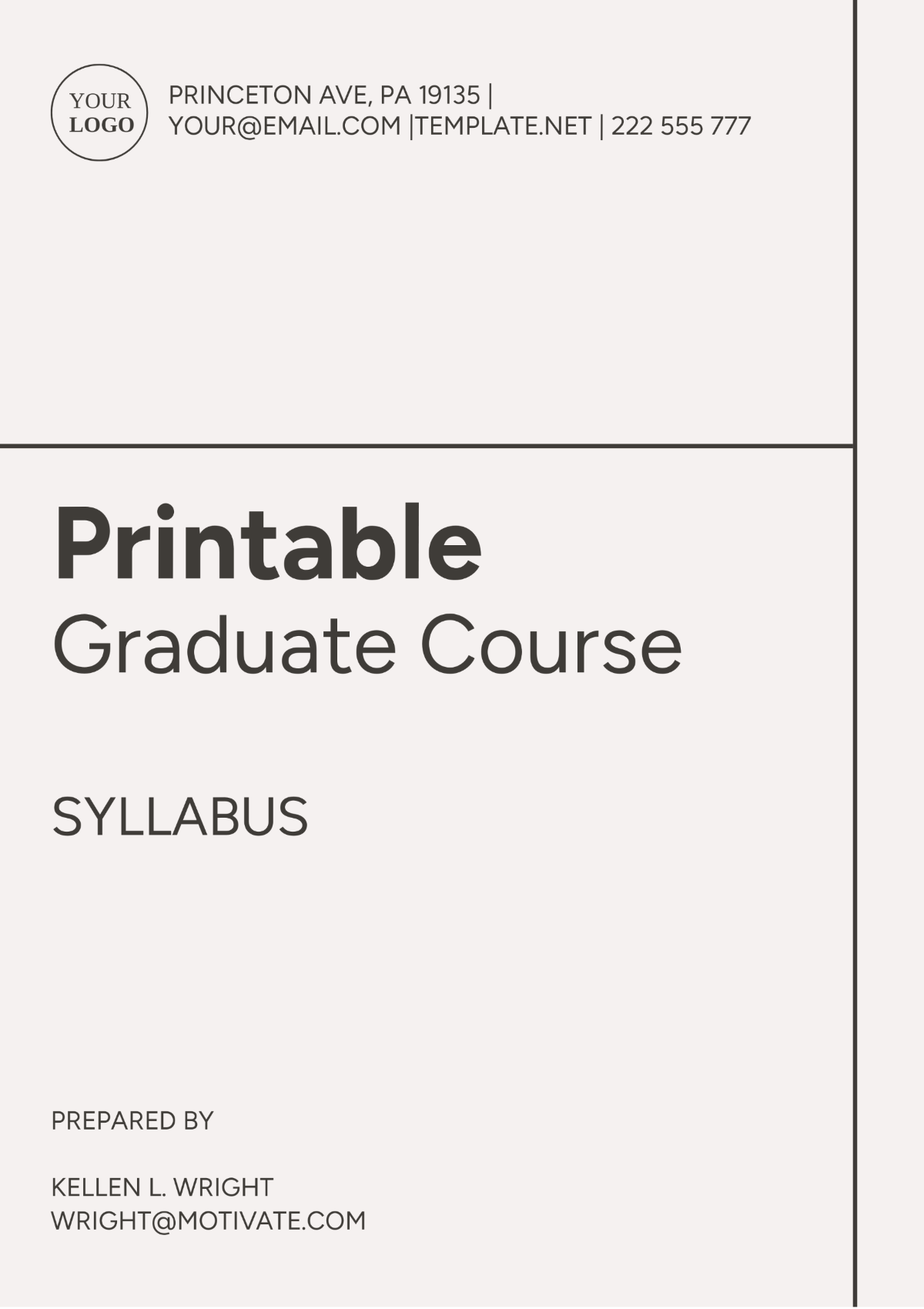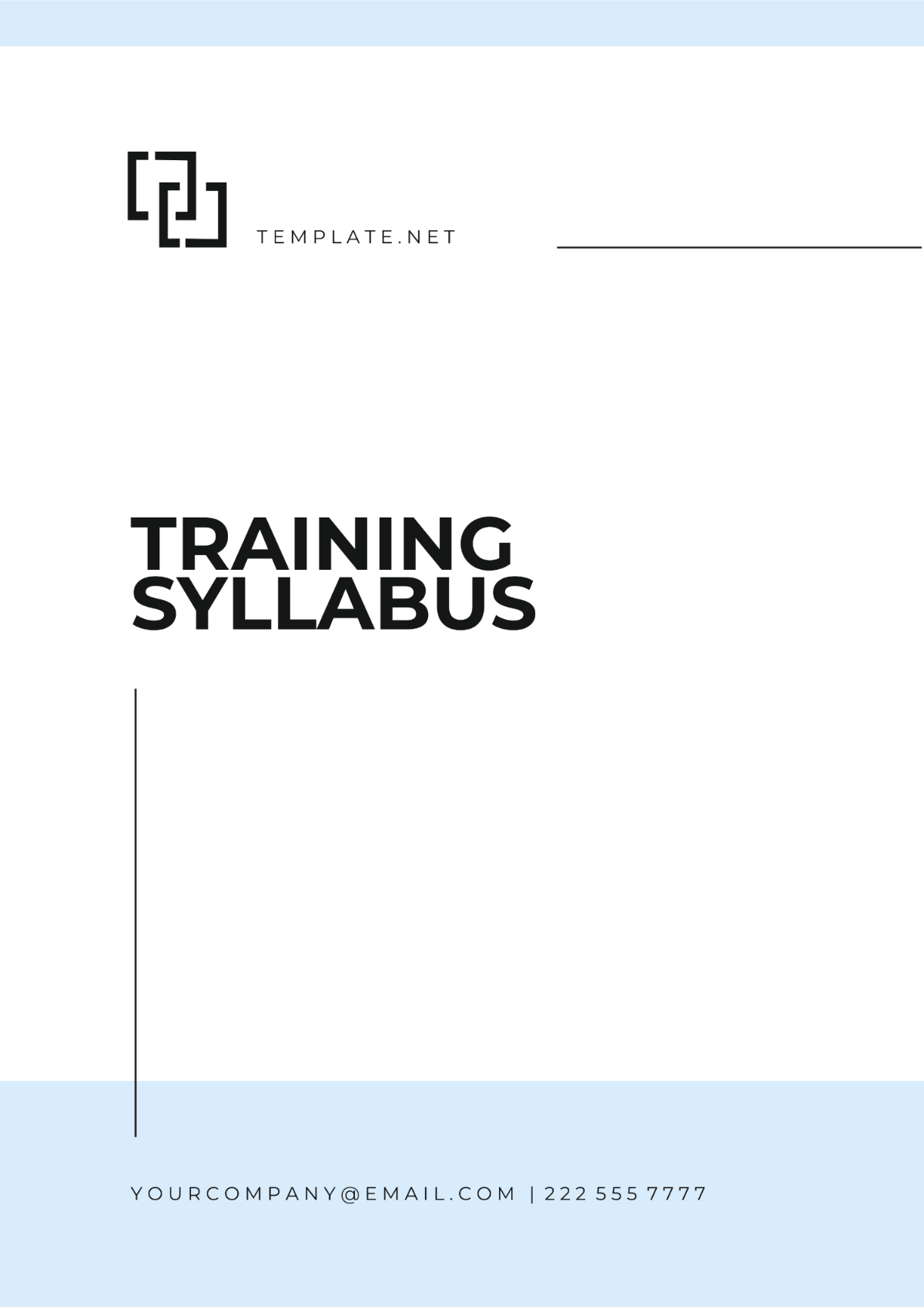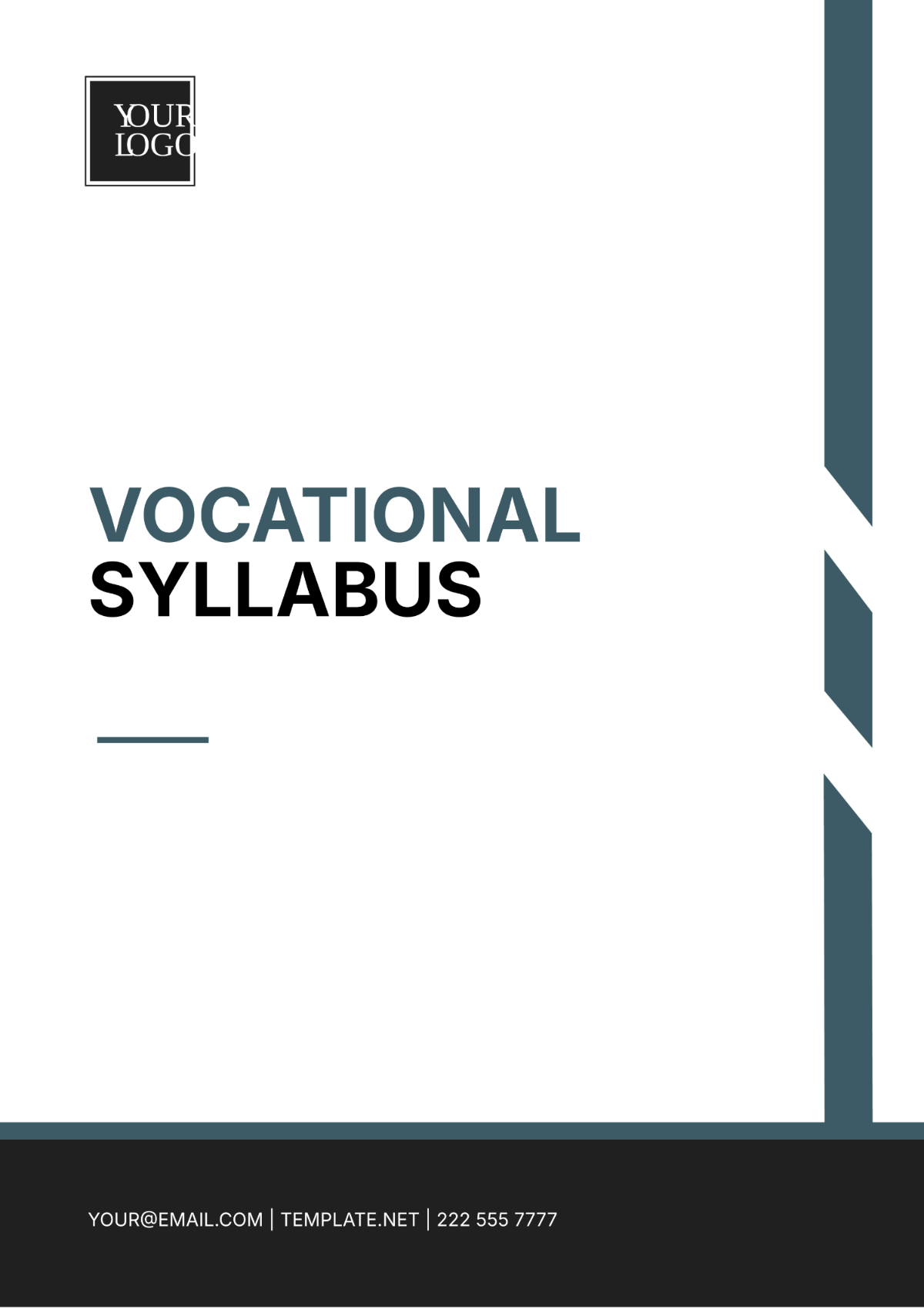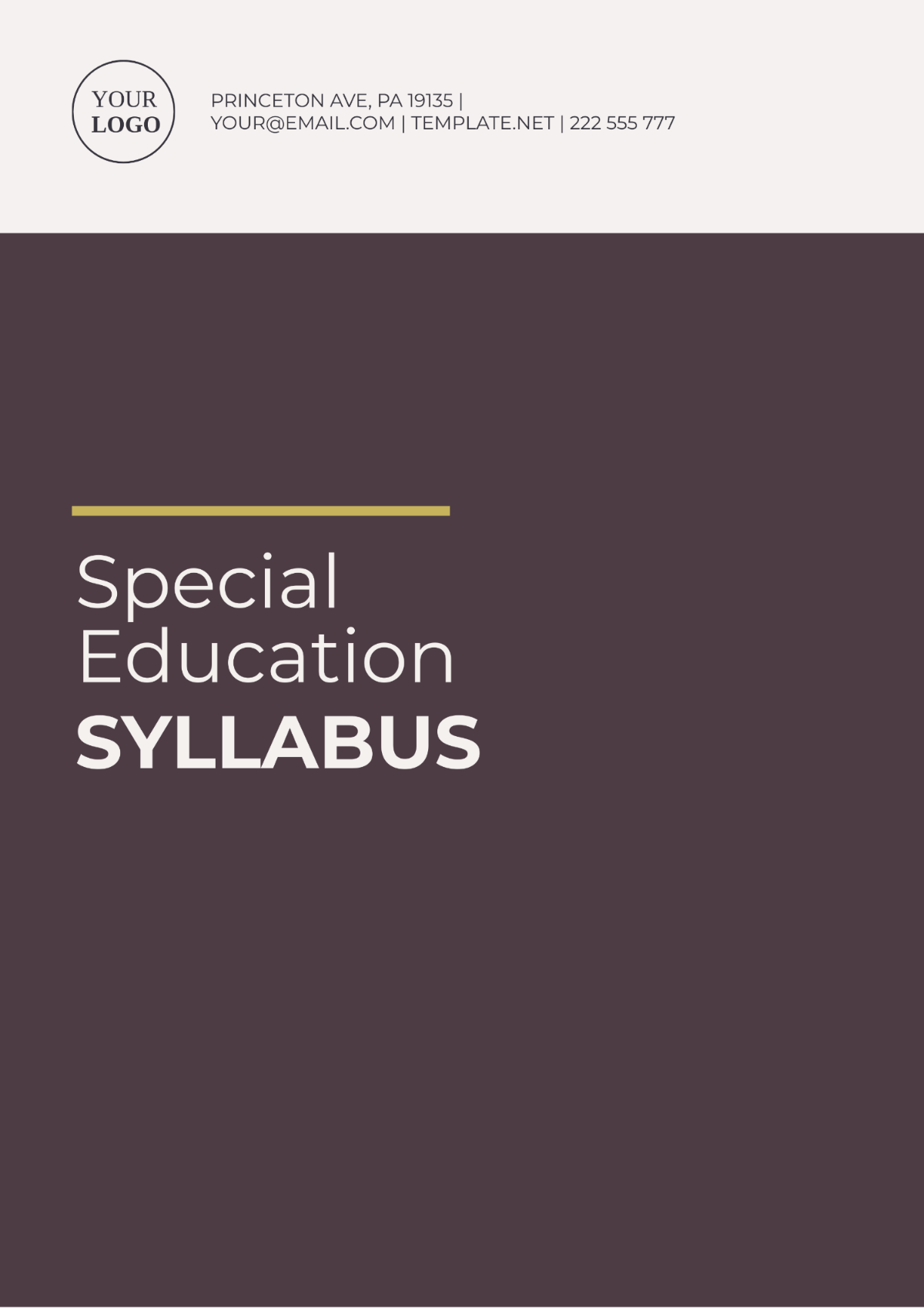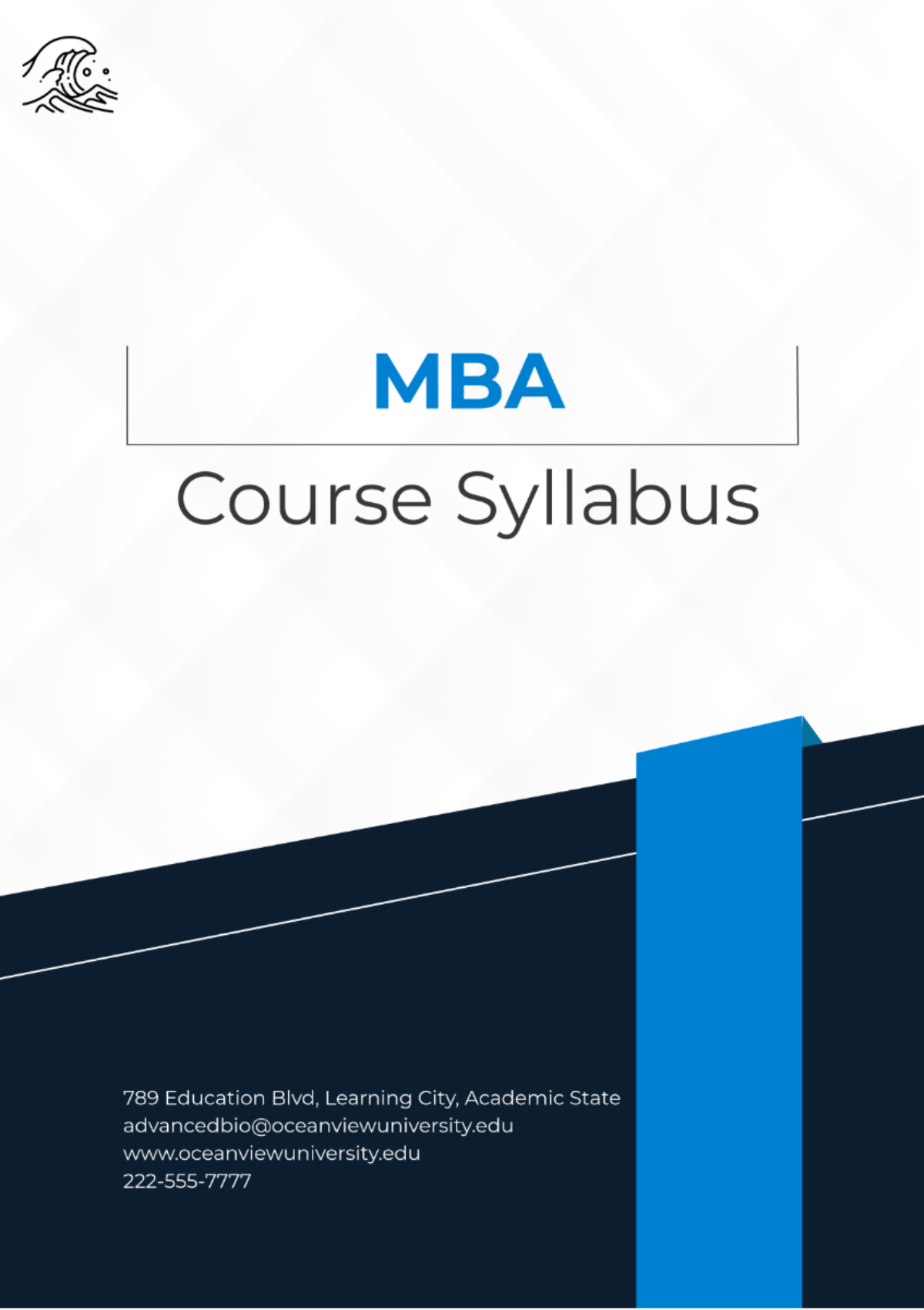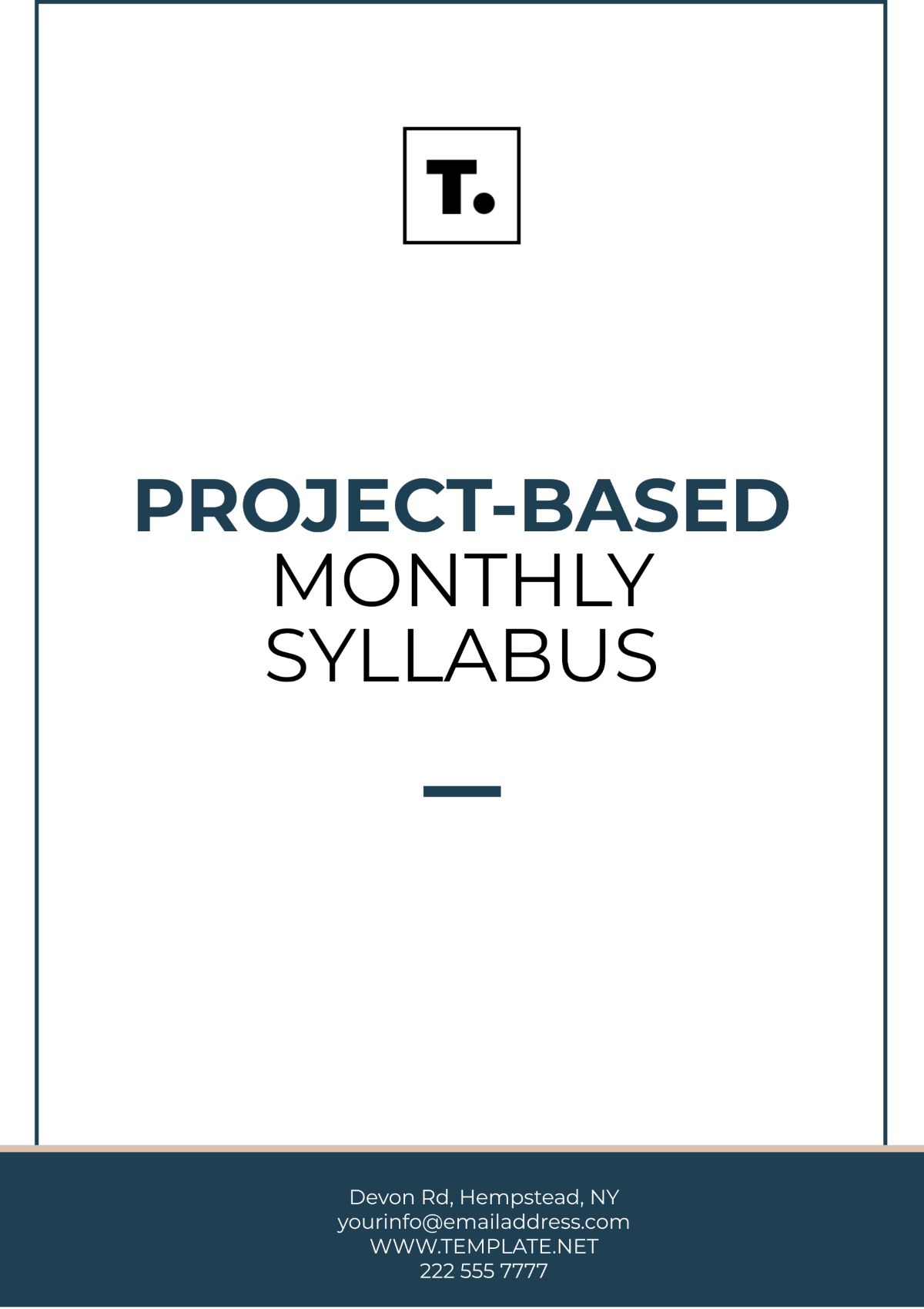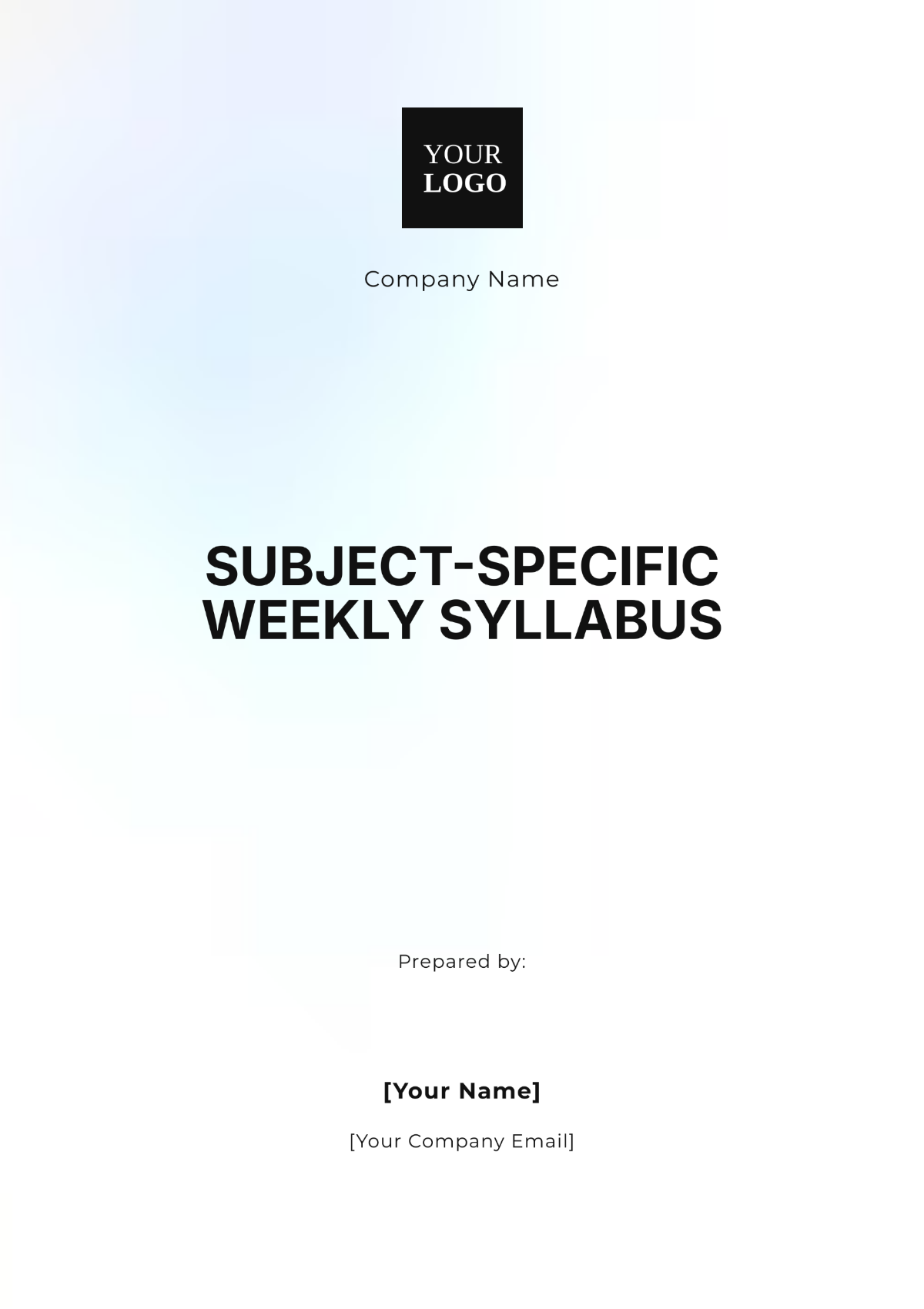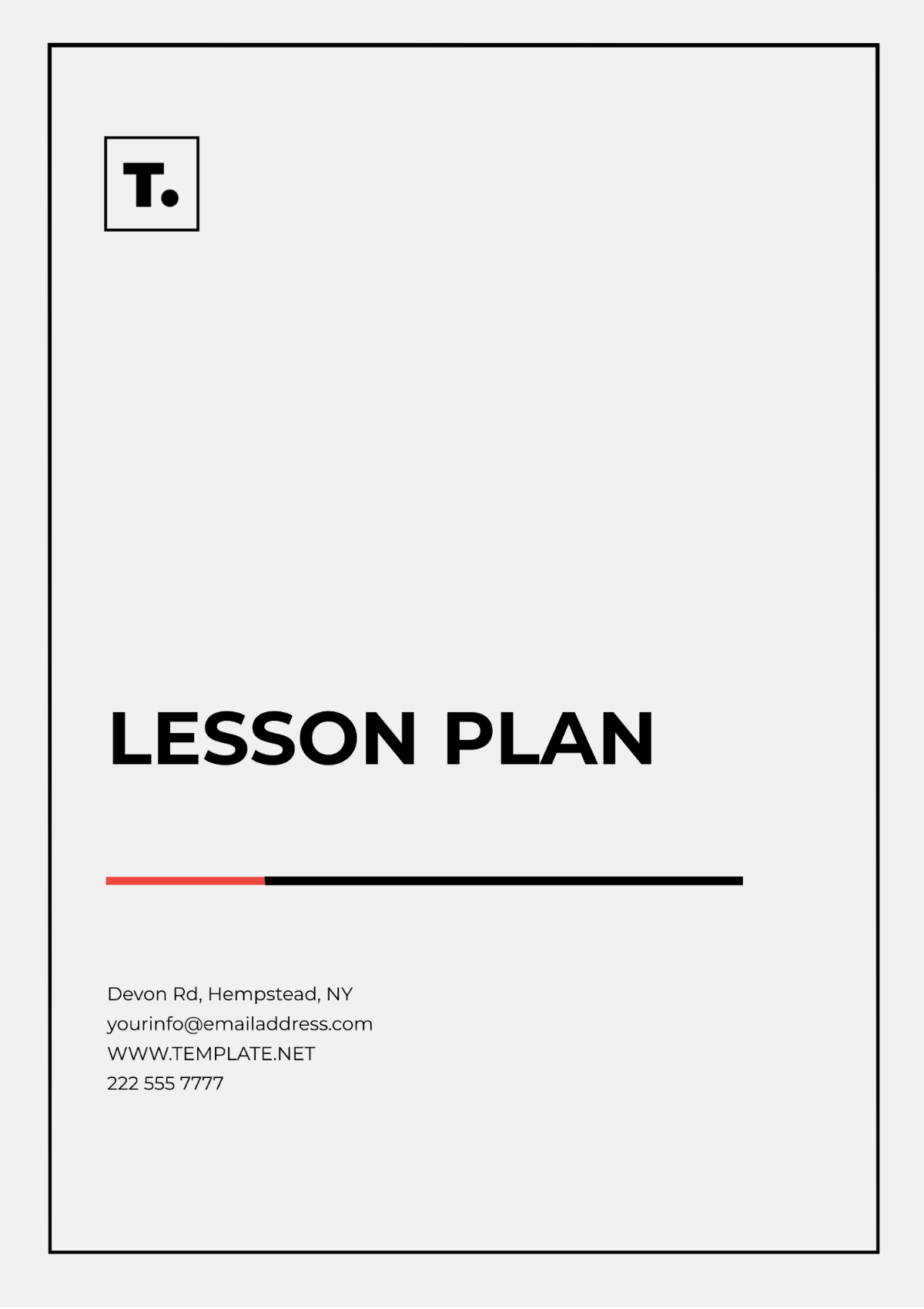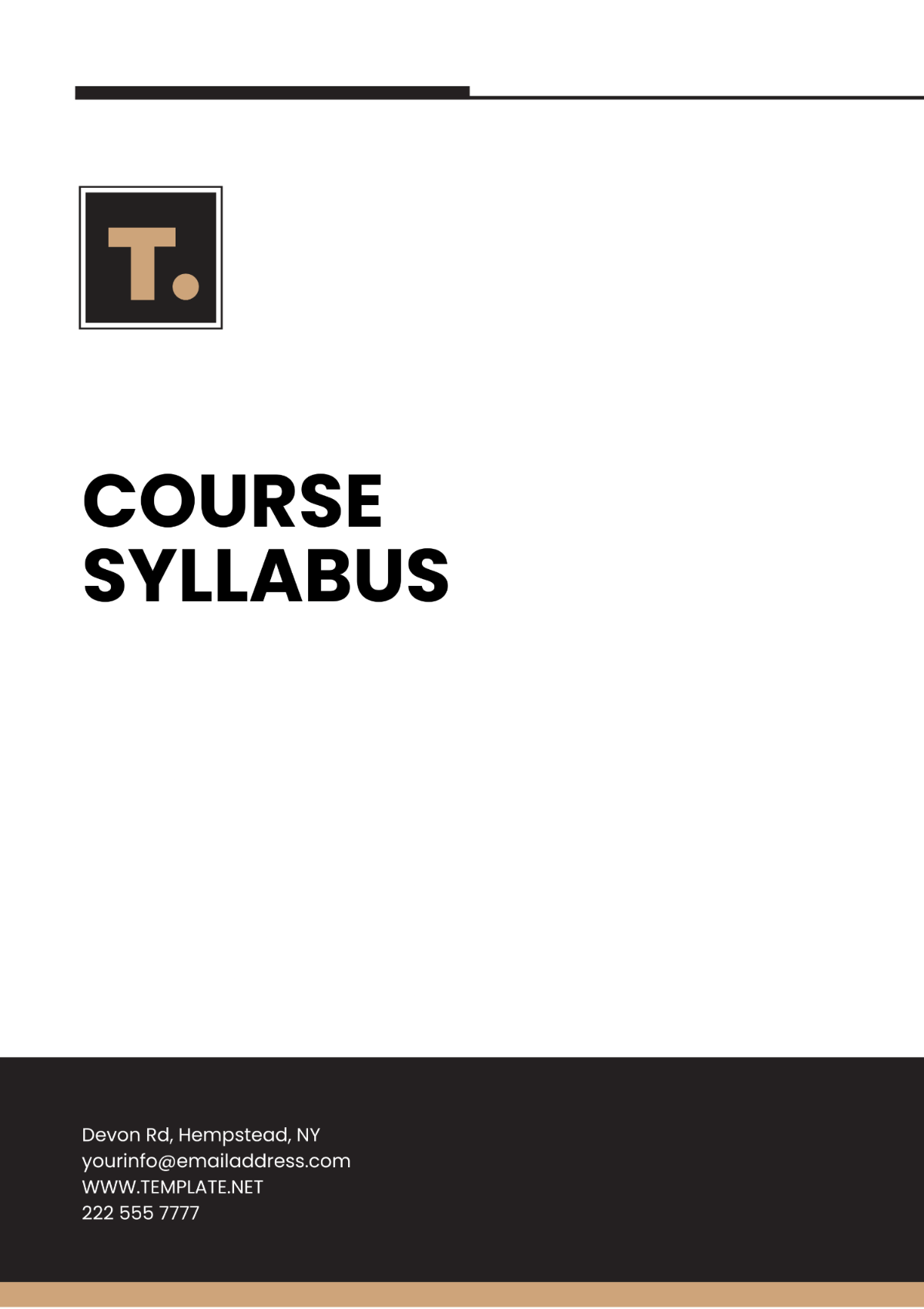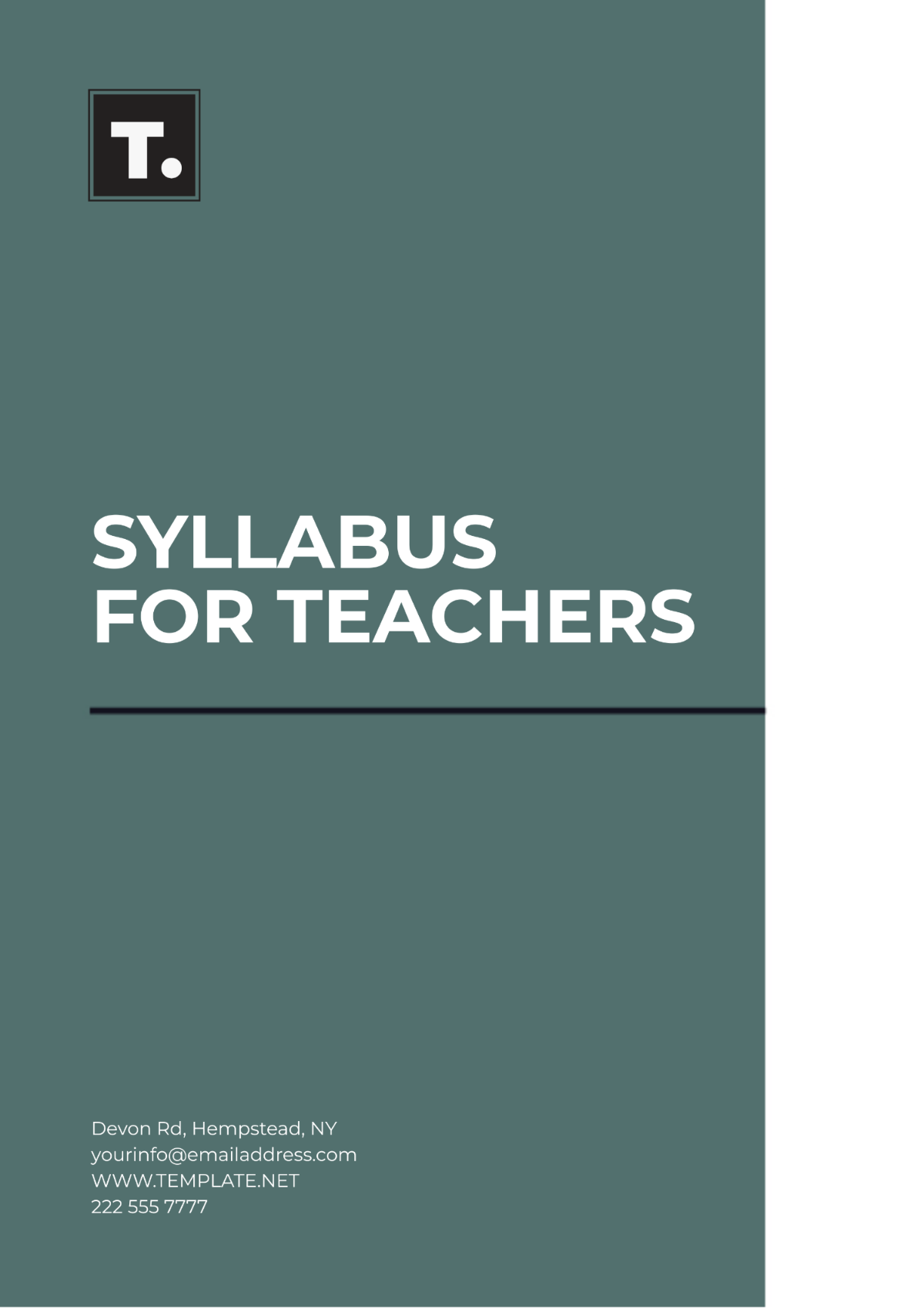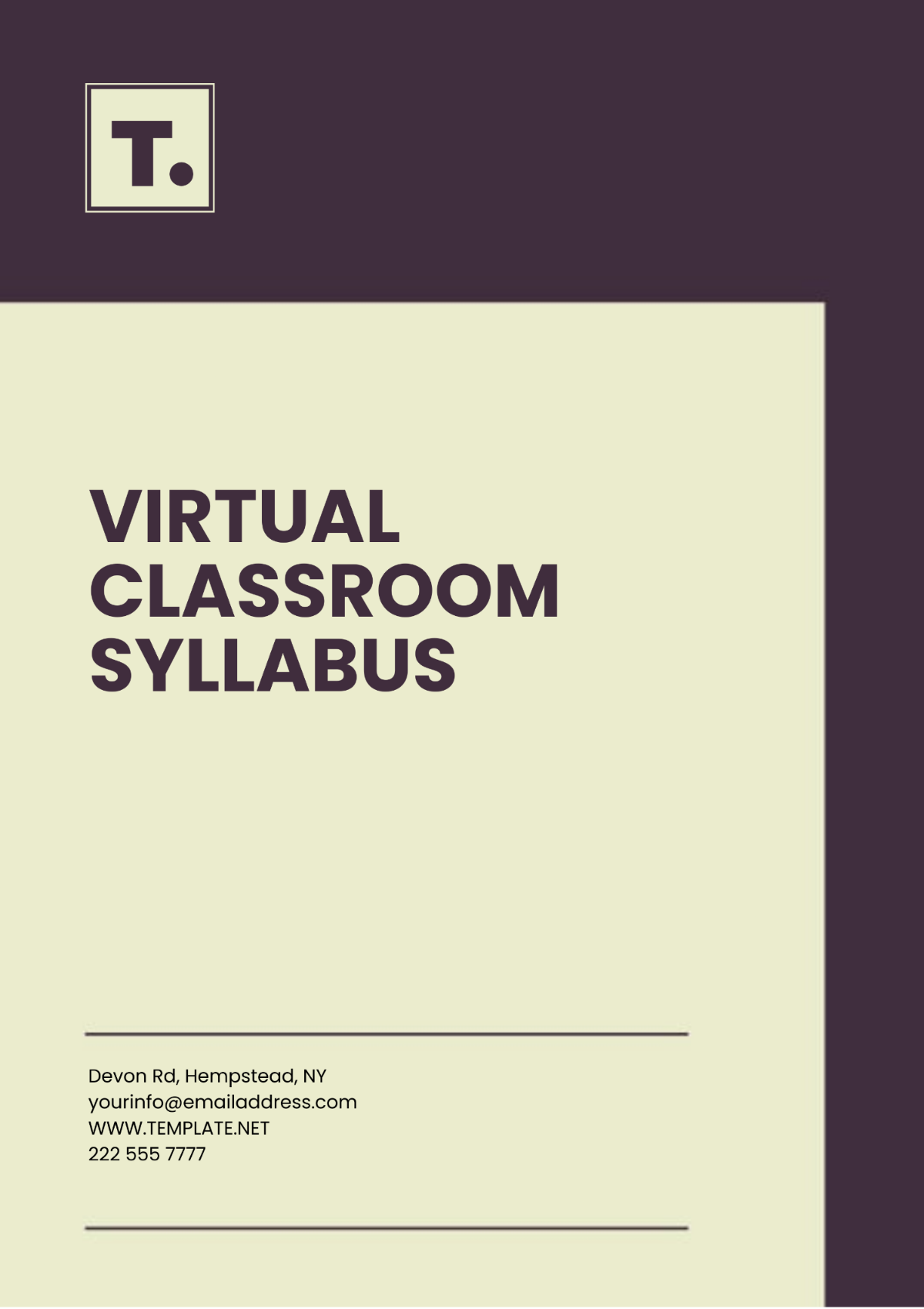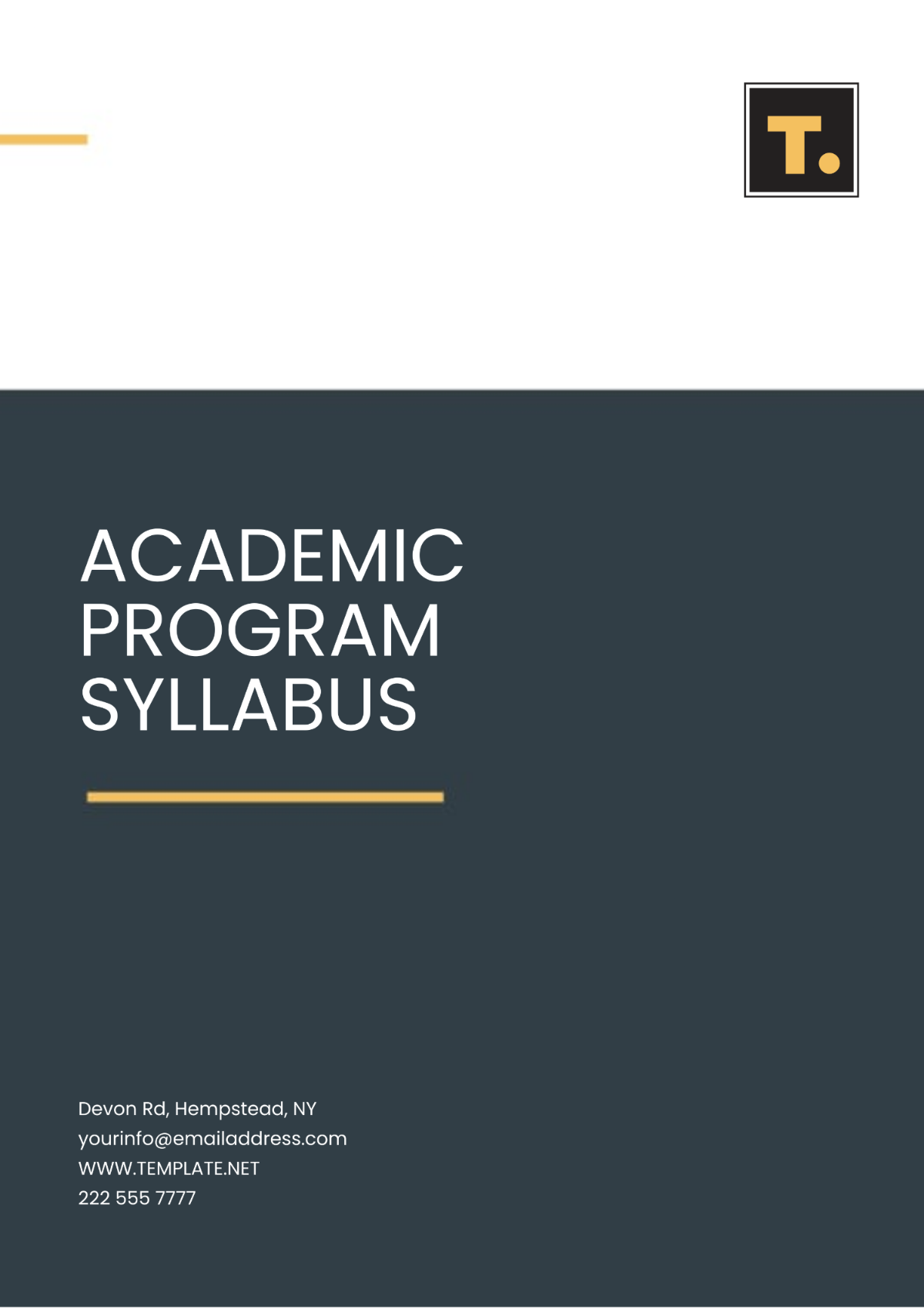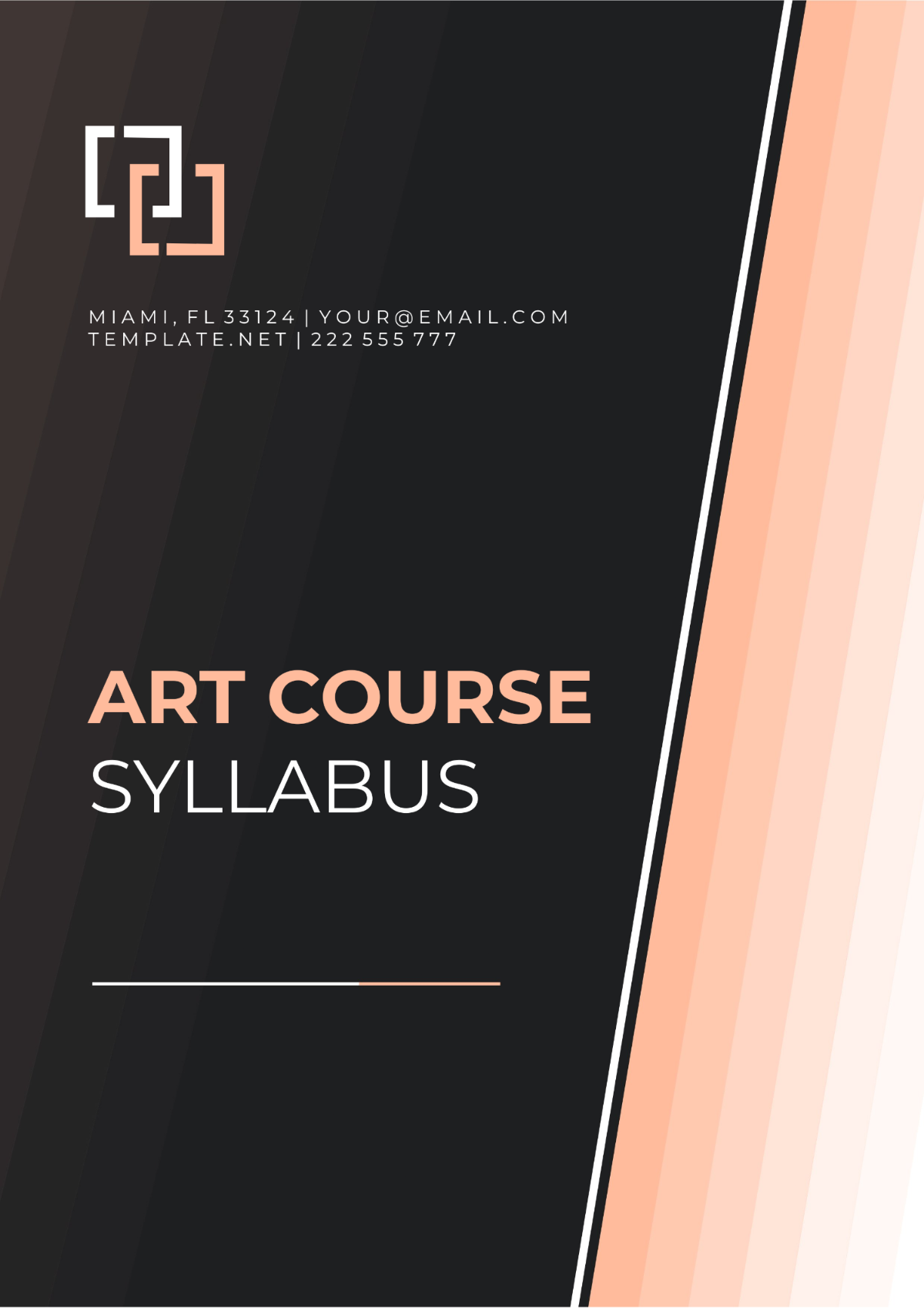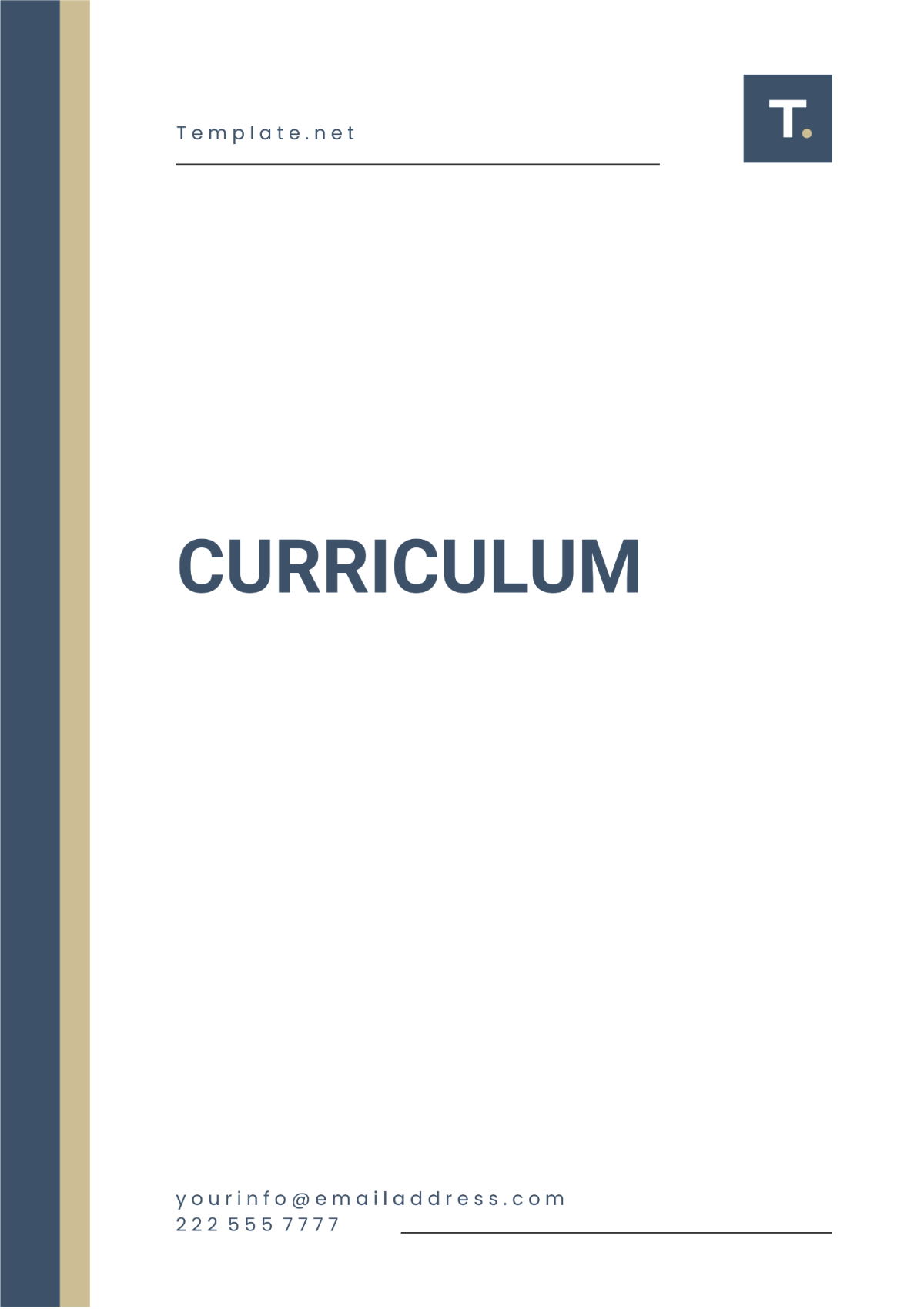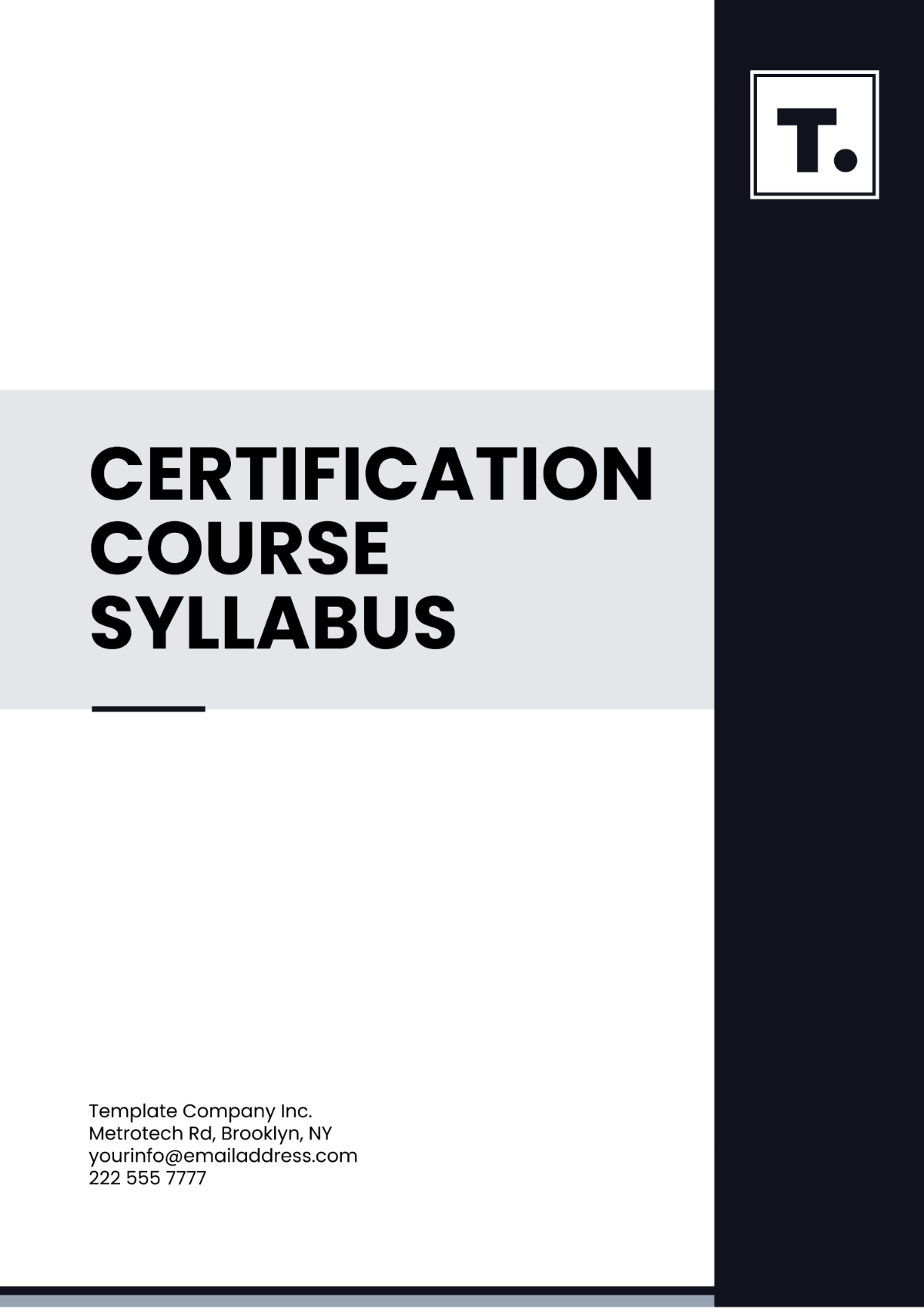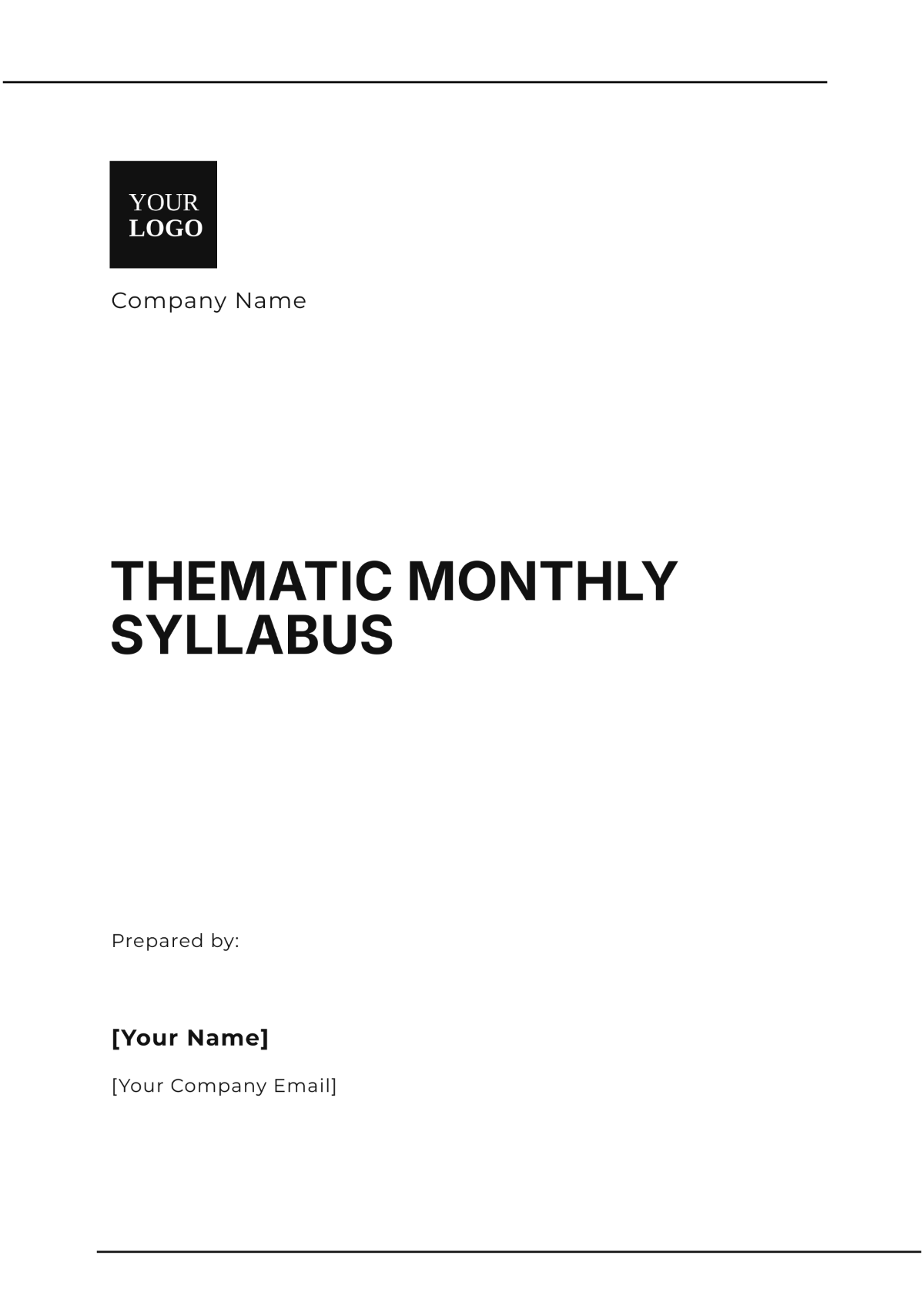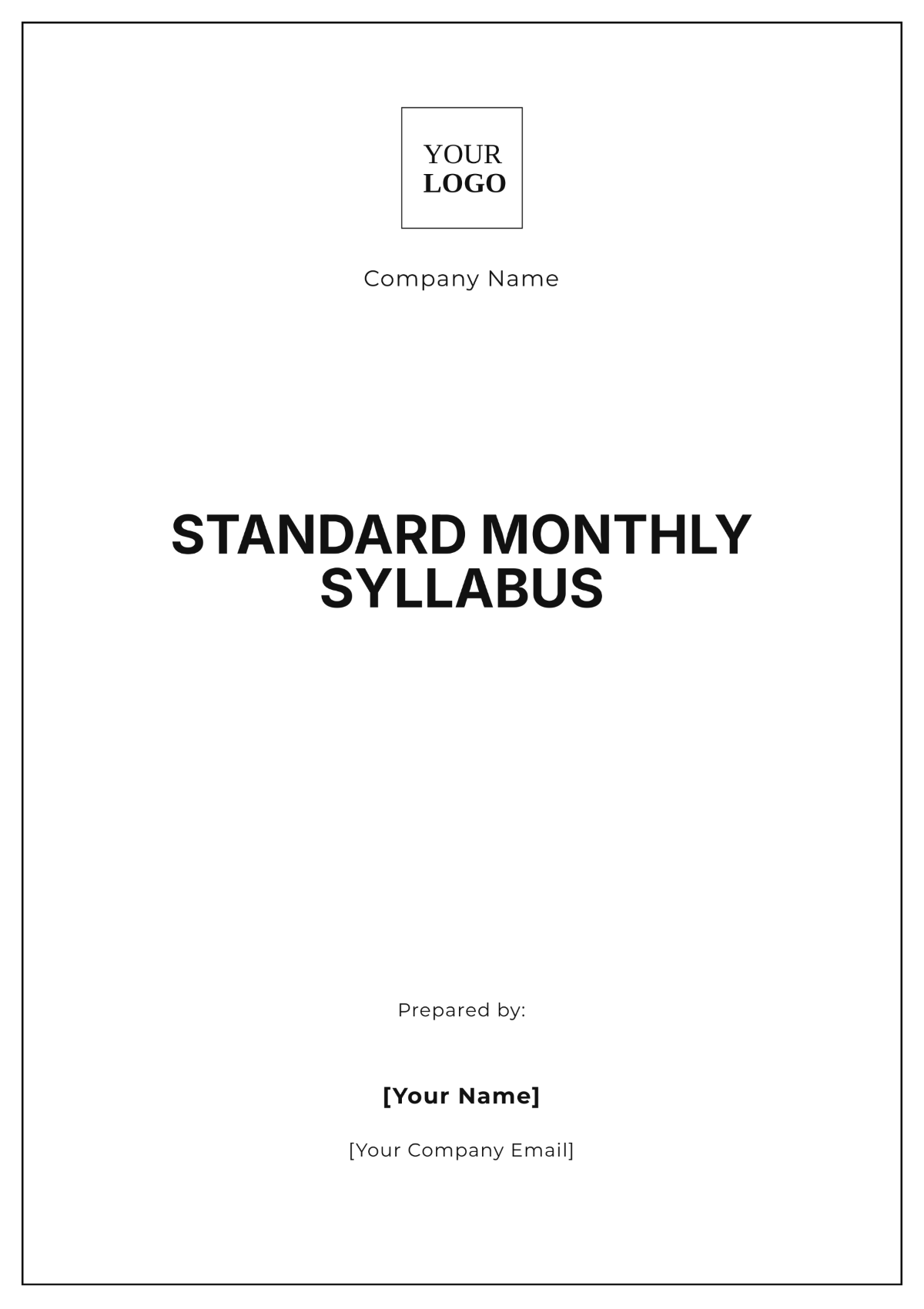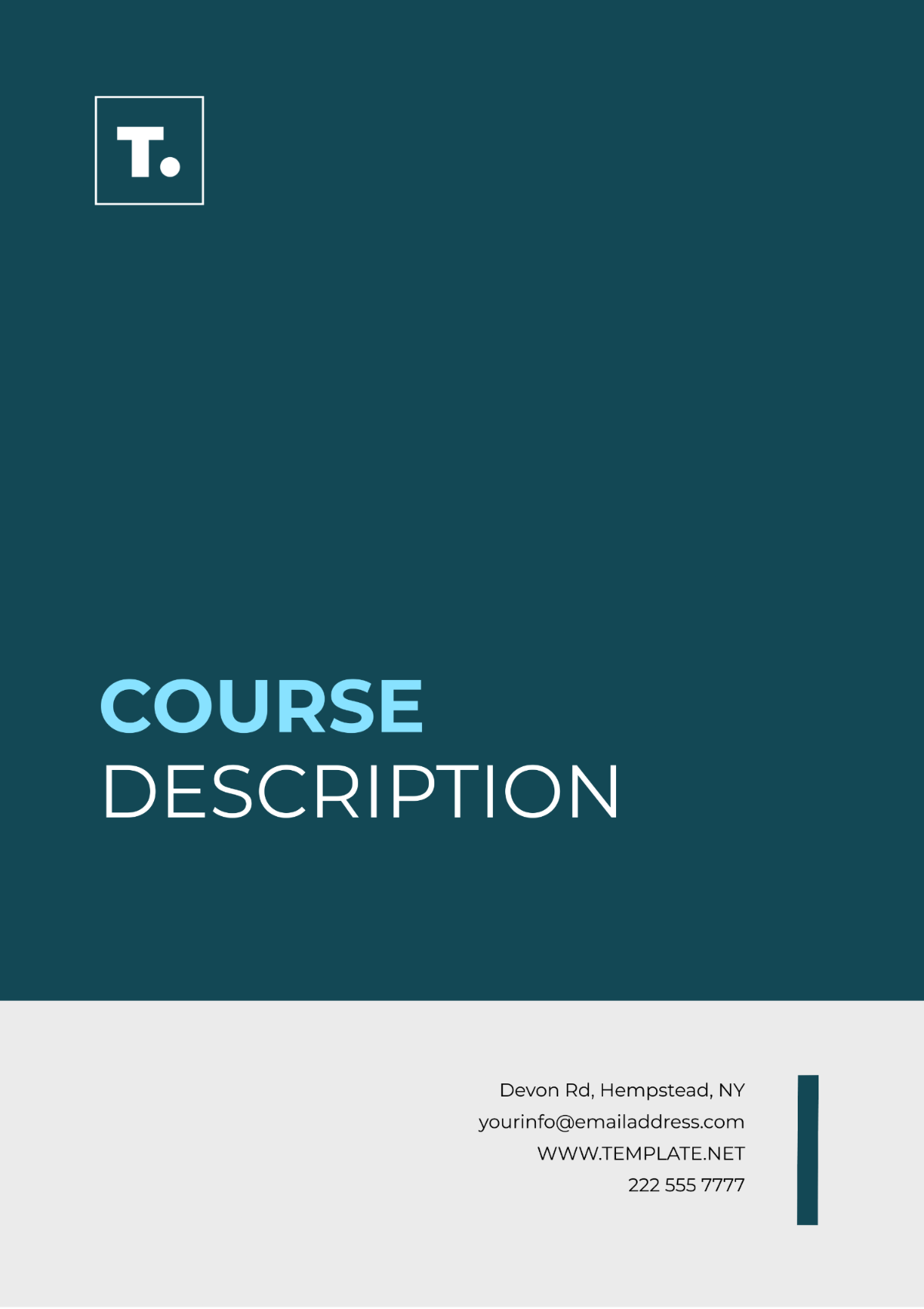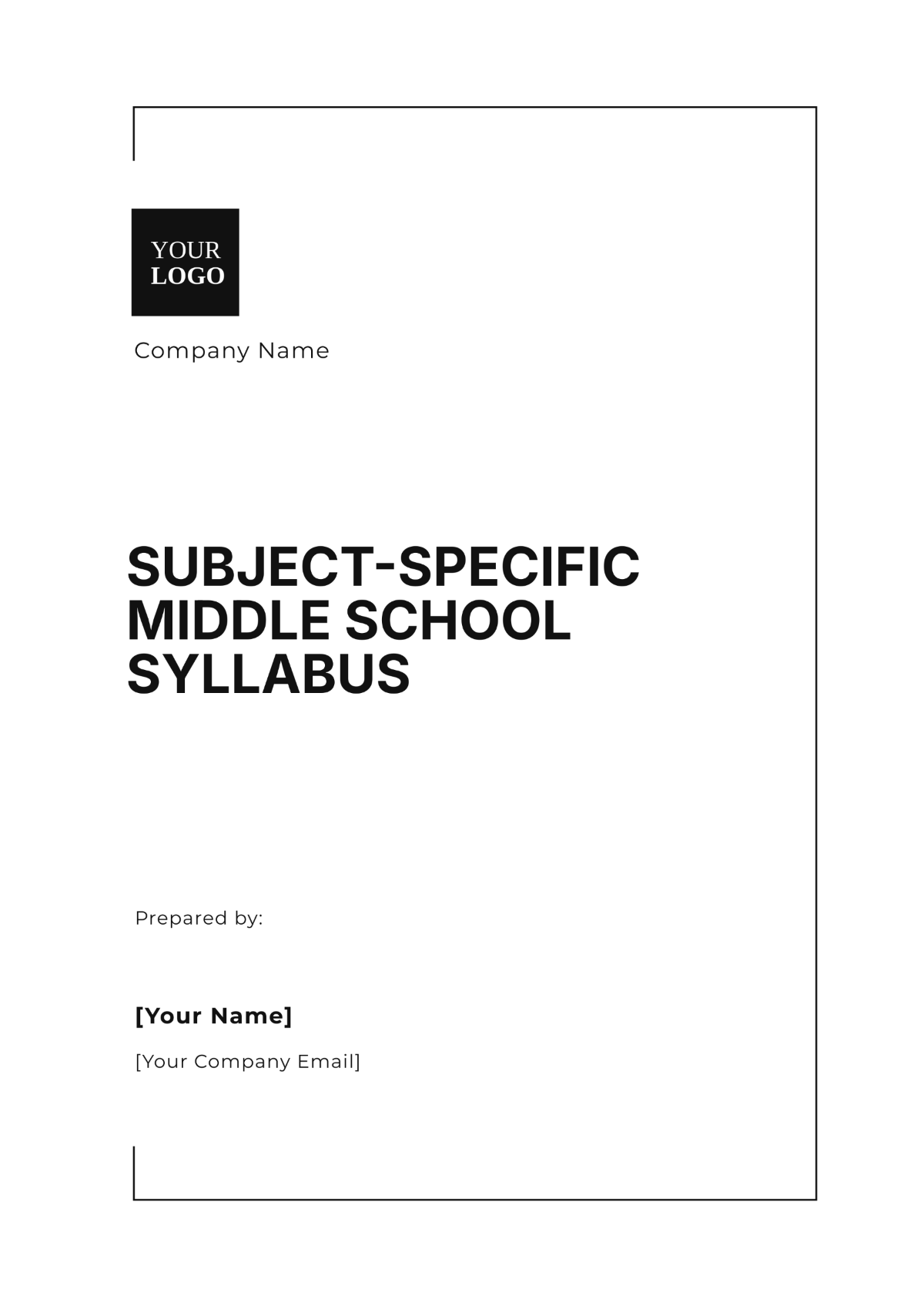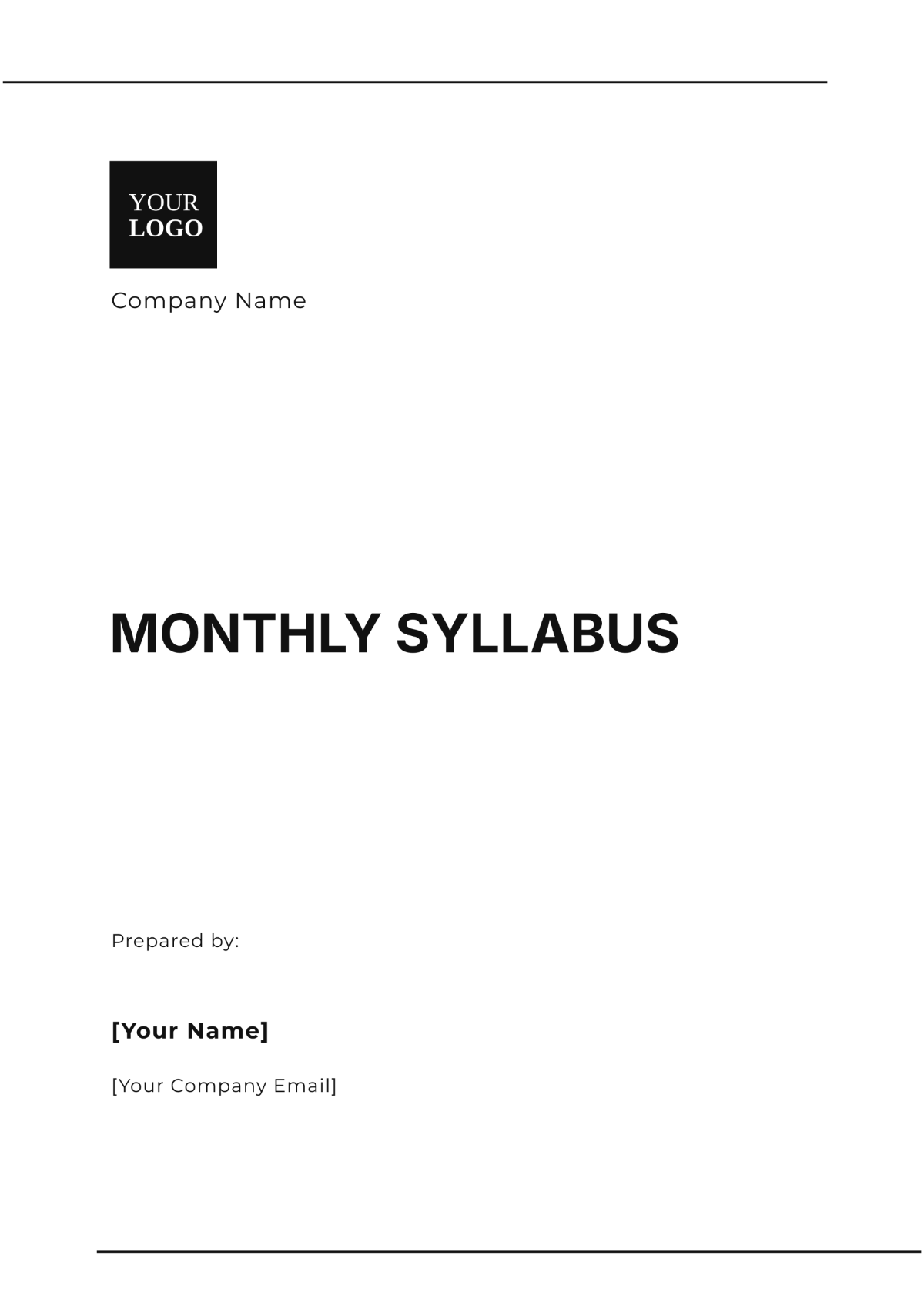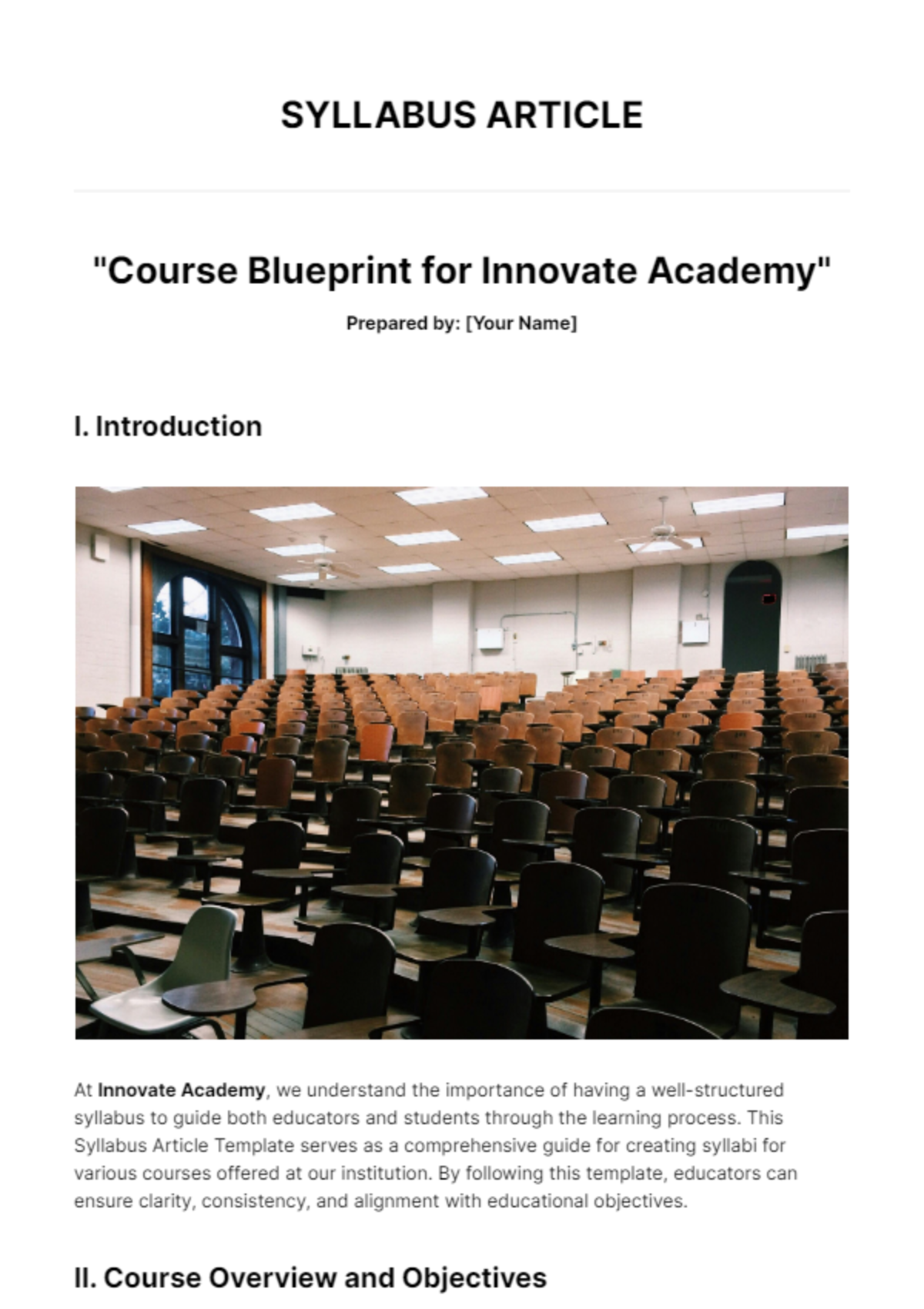Free Marine Science Syllabus Template
Marine Science Syllabus
Marine Science Syllabus Course
Course Title: | [COURSE TITLE] |
Credits: | [CREDITS] |
Instructor: | [INSTRUCTOR] |
Schedule: | [SCHEDULE] |
Location: | [LOCATION] |
Textbook: | [TEXTBOOK] |
Description: | [DESCRIPTION] |
Assessments: | [ASSESSMENTS] |
Grading: | [GRADING] |
Office Hours: | [OFFICE HOURS] |
1. Course Description
In this course, students will embark on an in-depth study of marine ecosystems, organisms and various processes. They will explore the incredible biodiversity of our oceans, the complex food webs that sustain life beneath the waves, and the environmental threats facing these delicate ecosystems.
2. Instructor Information
Dr. [YOUR NAME], experienced marine scientist. Can be contacted at
[YOUR EMAIL].
3. Learning Objectives
Understand the basic principles of marine biology and oceanography.
Identify different marine species and understand their roles in the ecosystem.
Develop awareness of the threats and challenges faced by marine ecosystems.
Gain skills in scientific observation and data collection.
Learn how to design and carry out a research project in marine science.
4. Course Schedule
Week | Topic | Readings |
|---|---|---|
1 | Introduction to Marine Science |
|
2 | Physical Oceanography |
|
3 | Marine Ecology |
|
4 | Marine Conservation |
|
5. Required Reading and Materials
"Marine Biology" textbook by Castro and Huber
Aqua Scope: a web-based platform for exploring underwater ecosystems
WetLab Kit: for hands-on experiments
BioLite: online software for bioinformatics analysis
Journal articles (will be provided throughout the course)
6. Assignments and Assessments
Bi-weekly quizzes: To assess understanding of lecture and reading materials.
Lab reports: Students will produce detailed reports of their lab experiments, highlighting their findings.
Research project: A semester-long research project on a topic of the student's choice.
Class participation: Attendance and participation in class discussions are mandatory.
Final exam: A culmination of course content will be tested.
7. Course Policy
All assignments should be handed in on time. Late submissions will have points deducted.
Plagiarism will not be tolerated. All work submitted should be original and properly cited.
Attendance is mandatory. More than three unexcused absences will affect the final grade.
Students are expected to read the course material before class.
Respectful communication and behavior is expected at all times.
8. Grading Policy
Grades will be determined based on: quizzes (20%), lab reports (20%), research project (20%), class participation (15%), and final exam (25%).
9. Disclaimer
The potential exists for modifications to be made to the course syllabus. This flexibility allows for the opportunity to adapt the course materials according to the evolving needs and progression pace of the class. Should any changes be necessary, students can expect an announcement well in advance of their implementation.

